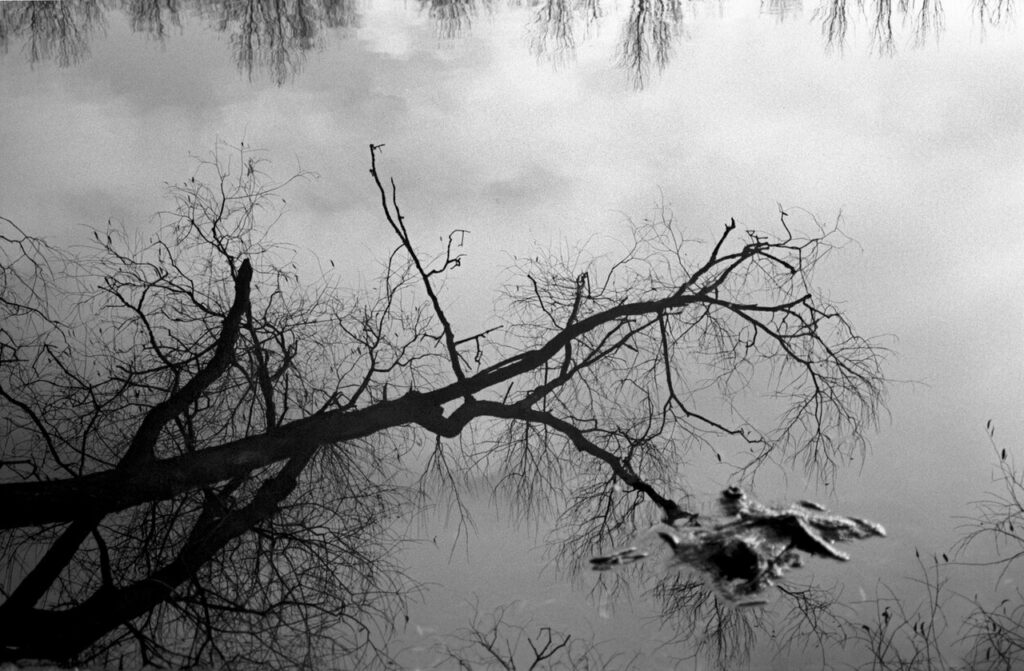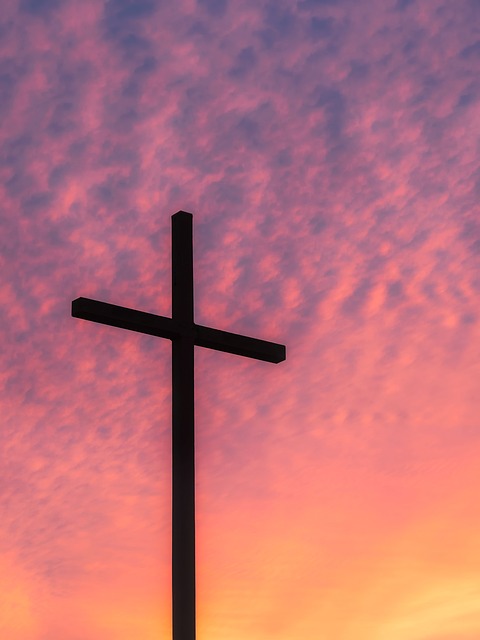Bitter Waters of Marah — the Truth of Trials and Testing

God miraculously brought Israel across the Red Sea, but they found no water for their desert thirst for three days afterward. Finally they found some, but it was the bitter waters of Marah, unfit to drink. Their first reaction? To “murmur” against Moses, their God-appointed leader. These were the same people that God had just miraculously redeemed! He intentionally brought His children to a time of testing here to bring out what was really in them. Where was that faith that had trusted God to lead them through the Red Sea? Their lack of faith in Him was not hard to expose, unfortunately.
“So Moses brought Israel from the Red sea, and they [the Israelites] went out into the wilderness of Shur; and they went three days in the wilderness, and found no water. And when they came to Marah, they could not drink of the waters of Marah, for they were bitter: therefore the name of it was called Marah.
And the people murmured against Moses, saying, What shall we drink? And he cried unto the Lord; and the Lord shewed him a tree, which when he had cast into the waters, the waters were made sweet: there he made for them a statute and an ordinance, and there he proved them, and said, If thou wilt diligently hearken to the voice of the Lord thy God, and wilt do that which is right in his sight, and wilt give ear to his commandments, and keep all his statutes, I will put none of these diseases upon thee, which I have brought upon the Egyptians:
for I am the Lord that healeth thee. And they came to Elim, where were twelve wells of water, and threescore and ten palm trees: and they encamped there by the waters.”
Exodus 15:22-27
The Symbolic Nature of the Bitter Waters of Marah
The bitter waters of Marah were the first trying encounter on the path God had marked out for His people in the wilderness. They were a type of what life and its disappointments are like, a foretaste of the path ahead for them. These trials that began in their wilderness journey were examples of our trials in our spiritual journey as the redeemed people of God.
Turning Complaints into Prayer
How could these waters be healed of their bitterness so the Israelites could drink from them? When they complained loudly to Moses, he took their complaint straight to God. This is the right way to handle setbacks and disappointments—turn to God at once and pray. He won’t begin to help until we begin to ask for it.
Now think about this: if the bitter waters of Marah had been sweet instead, would Moses have prayed? How could the Israelites have then known that it is in God’s power to make bitter water sweet? And how many of us realize that the Marah experience is normal for God’s children? What would we be like if we had no trials or tribulations? We very likely would be rough and hard-hearted, unable to sympathize with those undergoing suffering.
Understanding the Purpose of Trials
During a bitter-tasting experience many say, “Why is God allowing this to happen to me?” Know that it is not because God is punishing you for something. “In the world ye shall have tribulation…” (John 16:33). This is all part of your preparation and education for the future God has for you.

God’s Provision in the Bitter Waters
Realize that there is always a remedy when God puts us in a trying situation. It’s close by, but He’ll not reveal it until we come to Him in prayer. Years before, God planted the ‘tree’ we would one day need to throw into our ‘bitter waters.’ For those who are willing to pray, the Spirit of God is always ready to lead them to the tree that will sweeten the bitter waters of Marah. He knows what we will need, and He provided for it long before we become aware of a problem. He holds back the answer until the time is right, but everything we need here in order to get to Heaven He has already provided.
The healing of the bitter waters at Marah was a miracle, and God intended for it to teach His people something. For every trial in this earthly life, a remedy has been provided—although we don’t always see it.
Why did God provide a tree for this wilderness trial? Was there something about that particular tree that would make the sickening waters sweet? It was not so much the kind of tree, but what it stood for. Moses did not discover the tree and run back and say, “I’ve got the answer!” God specifically provided the tree and made Moses aware of it. The healing of the bitter waters at Marah was a miracle, and God intended for it to teach His people something. For every trial in this earthly life, a remedy has been provided—although we don’t always see it.
Our first parents ate the forbidden fruit of the tree of the knowledge of good and evil and made life bitter for themselves and all who came after them. But God has also provided a tree of life, with leaves as the remedy for the healing of the nations.

The Spiritual Metaphor of the Tree
Jesus is a ‘tree of life’ whose branches spread far enough to encompass everyone who wants to come under His outspread limbs. And He reaches high, as high up as Heaven. But this Tree was chopped down at its peak of maturity. Then, just like the bitter waters of Marah, it was thrown into the bitter waters of our life to sweeten the bitterness that we encounter. He is the ‘tree’ that is our remedy. His cross is also a tree where He succumbed to the deep, dark waters of death for our sake, thereby making them sweet again.
God used the bitter waters of Marah to demonstrate to the Israelites their need of Him to survive the wilderness experience, as much as their need of Him to be delivered from the power of Pharoah and Egypt. After He healed the bitter waters and satisfied the thirst of all the people, He told them to strictly obey every one of His commandments. Then He would make their lives ‘sweet,’ just as He had done with the waters of Marah. This would be their next trial in their journey.
“And they came to Elim, where were twelve wells of water, and threescore and ten palm trees: and they encamped there by the waters.”
Exodus 15:27
Obedience and Divine Refreshment
After their ordeal at Marah, God led His children to the oasis of Elim—a place to refresh themselves. When God’s people obey Him, He graciously cares for them. Here they would learn about God and His ways in order to prepare them for the trials ahead. Then He would be able to bring them into His full blessings and promises.
Finding Peace in Bitter Experiences
The bitter experiences in your life can be changed by God to become sweet. He allows you to taste the bitter water for a reason—it is for your benefit. Accept God’s will out of your love for Him. Then you will find the secret place of peace in your life in the midst of this bitter world of trouble.

Christ’s Compassion in Suffering
Has grief and suffering embittered your life? Remember that Jesus suffered on the tree for you and still continues to suffer with you. He shares all your woes and has deep sympathy for all you go through. He will never leave you, nor forsake you, nor forget you, especially in your time of trouble.
Embracing God’s Healing Presence
Are you experiencing the bitter waters of Marah yourself right now? Cast the ‘tree’ into the water and cause it to become sweet. The tree makes all the difference. Drink from God’s well deeply. Its water will always be sweet. Remember His mercy and thank Him for His sweet presence. He alone can heal your bitter, troubled waters. He is right there with you.
[Additional image credits: Featured image (when applicable) by RDNE Stock Project on Pexels; Opening photo by Andrey Karpov on Pexels]




